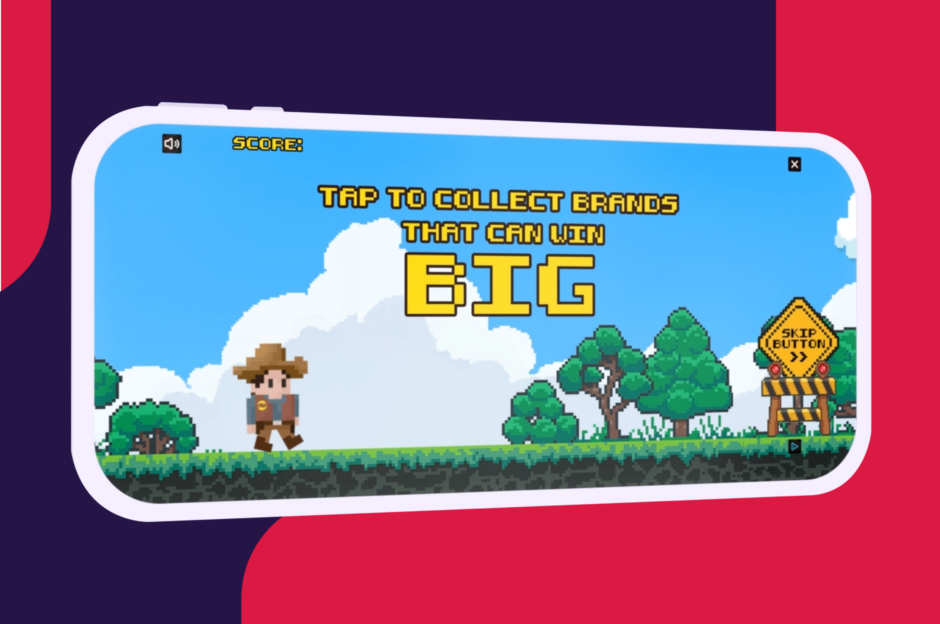Blog

/ Results
Reset Filters
Newsletter
Sign-Up
Sign-Up
Get our mobile expertise
straight to your inbox.
straight to your inbox.